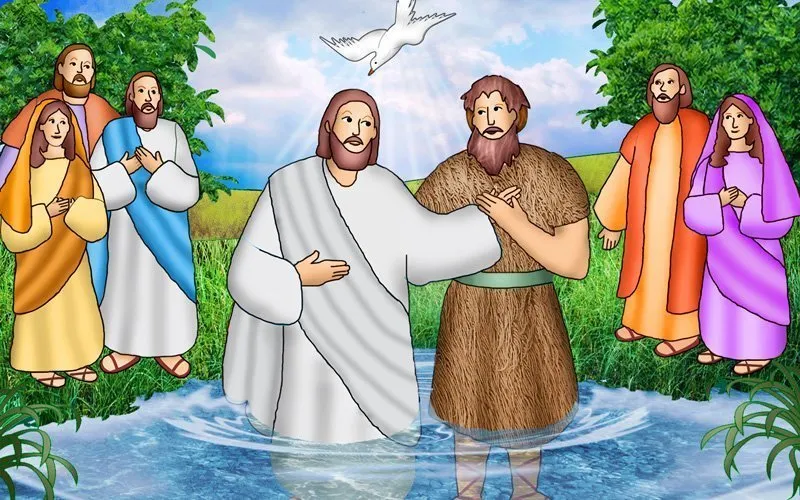Understanding Catholic Indulgences: A Journey Through History and Doctrine

The concept of Catholic indulgences often raises questions and misconceptions. To understand them, we must delve into their historical context and the Church's official teachings, as outlined in the Catechism of the Catholic Church. What is an Indulgence? The Catechism defines an indulgence as "a remission before God of the temporal punishment due to sins whose guilt has already been forgiven" ( CCC 1471 ). This means that while sacramental confession absolves us of the guilt of sin and restores our communion with God, there remains a "temporal punishment" – a consequence of sin that needs purification, either in this life or in Purgatory. This punishment is not divine vengeance, but the natural consequence of sin's damage to ourselves and our relationship with God. Indulgences, therefore, are not a "get out of jail free" card, but a way to mitigate this temporal punishment through the "treasury of the satisfactions of Christ and the saints...





